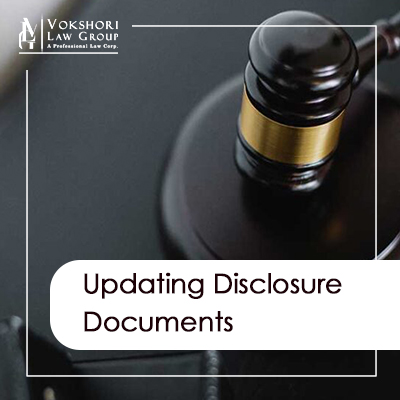
All C.A.R. purchase agreements include an “as is” clause, which states that the property is being sold in its current condition. The RPA-CA, for instance, contains this exact language in paragraph 11.
Is it necessary for the seller to add extra language to ensure the property is sold “as is”? No, the “as is” clause in the C.A.R. contracts is sufficient.
Does the “as is” clause eliminate the seller’s obligation to make any repairs?
No, under the C.A.R. contracts, the seller must maintain the property’s condition as of the acceptance date. If the property is damaged during escrow, and the buyer is not responsible for the damage, the seller will likely have to make the necessary repairs before closing. Furthermore, if there is a specific statement in the agreement, the …
Posted In:








